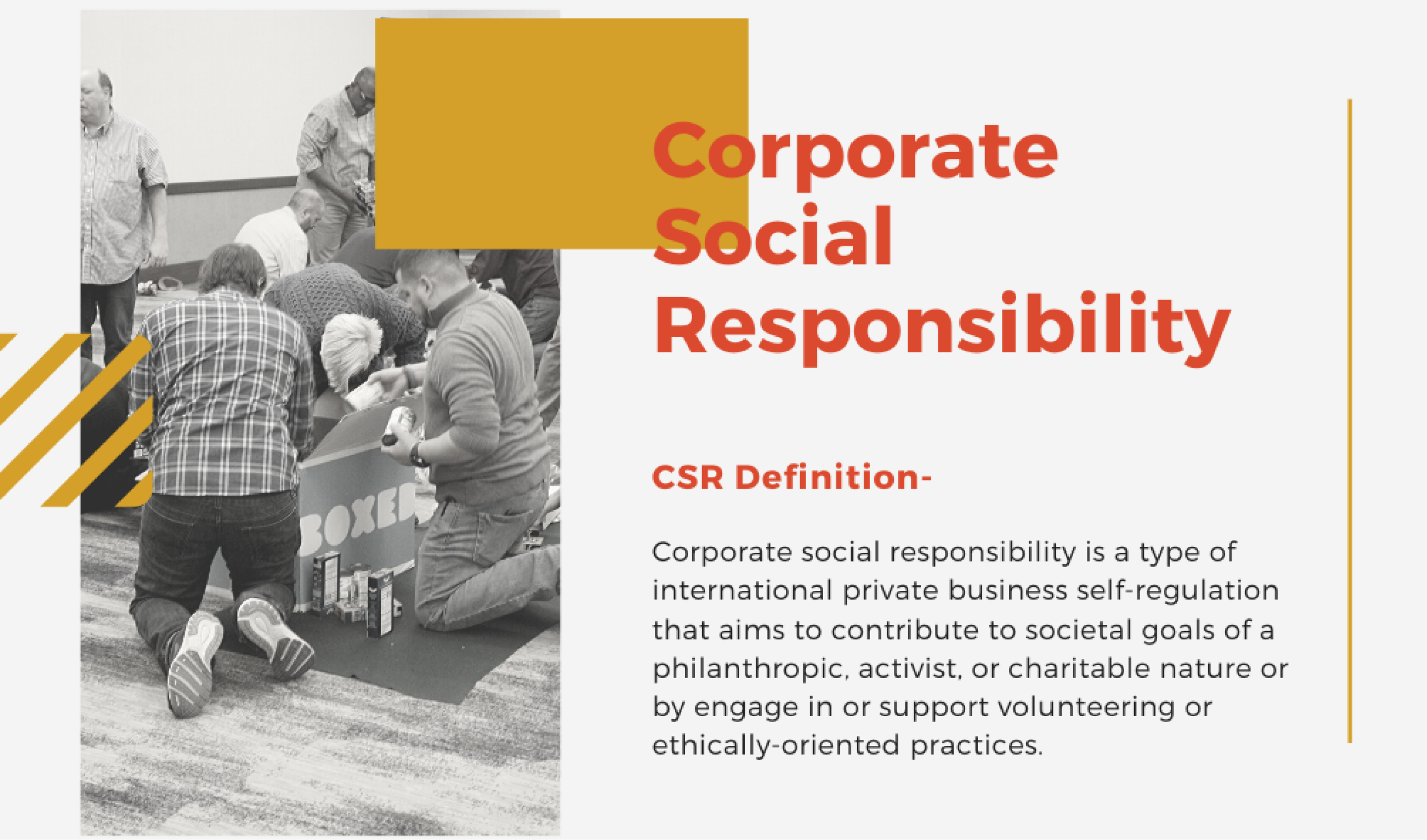Corporate Social Responsibility, or CSR, refers to the ethical and social commitments that businesses make to their stakeholders, including employees, customers, suppliers, communities, and the environment. It is a way for companies to recognize that they have a responsibility beyond just making profits and to take action to address social and environmental issues that are important to their stakeholders.
At its core, CSR is about sustainability. It involves finding ways to balance the needs of the business with the needs of society and the environment, and to minimize any negative impacts that the business may have. This can include initiatives such as reducing greenhouse gas emissions, supporting local communities through philanthropy, or implementing ethical labor practices.
There are several reasons why companies choose to engage in CSR. One reason is that it can help to improve the company's reputation and build customer loyalty. Consumers are increasingly looking for brands that align with their values and are socially responsible, and companies that engage in CSR may be seen as more trustworthy and attractive to potential customers.
Another reason is that CSR can have a positive impact on a company's bottom line. For example, by reducing energy and resource consumption, a company can save money on operating costs. Similarly, implementing ethical labor practices and promoting diversity and inclusion can lead to increased employee satisfaction and retention, which can result in increased productivity and profitability.
Finally, CSR can help to address some of the most pressing issues facing society, such as climate change, social inequality, and human rights abuses. By taking action to address these issues, companies can play a role in creating a more sustainable and equitable future.
Overall, the meaning of corporate social responsibility is about recognizing that businesses have a role to play in addressing social and environmental issues, and taking action to make a positive impact. It involves finding ways to balance the needs of the business with the needs of society and the environment, and to minimize any negative impacts that the business may have. By engaging in CSR, companies can improve their reputation, benefit their bottom line, and contribute to a more sustainable and equitable future.







